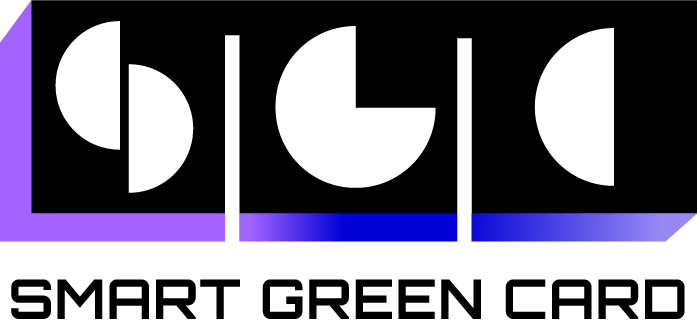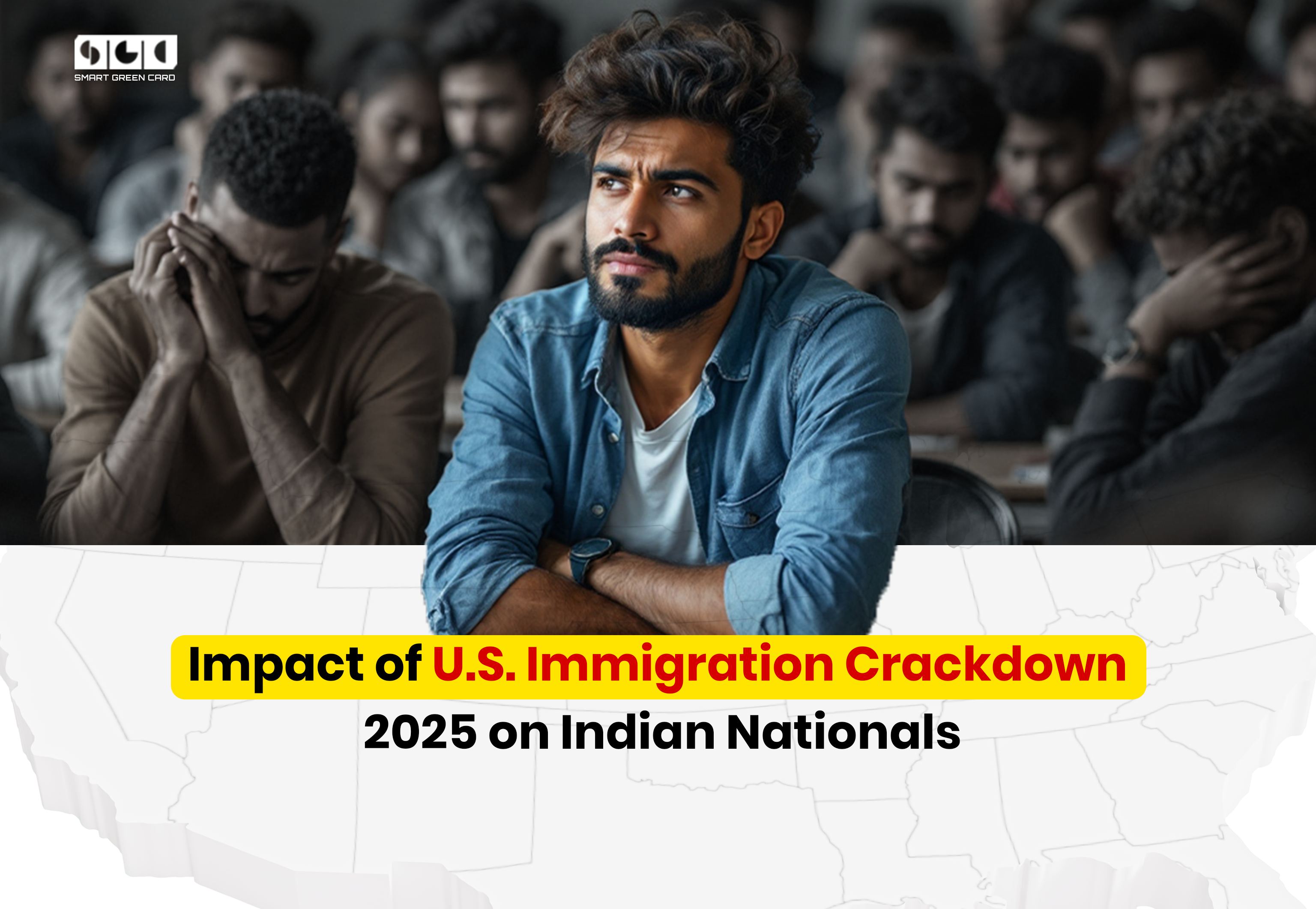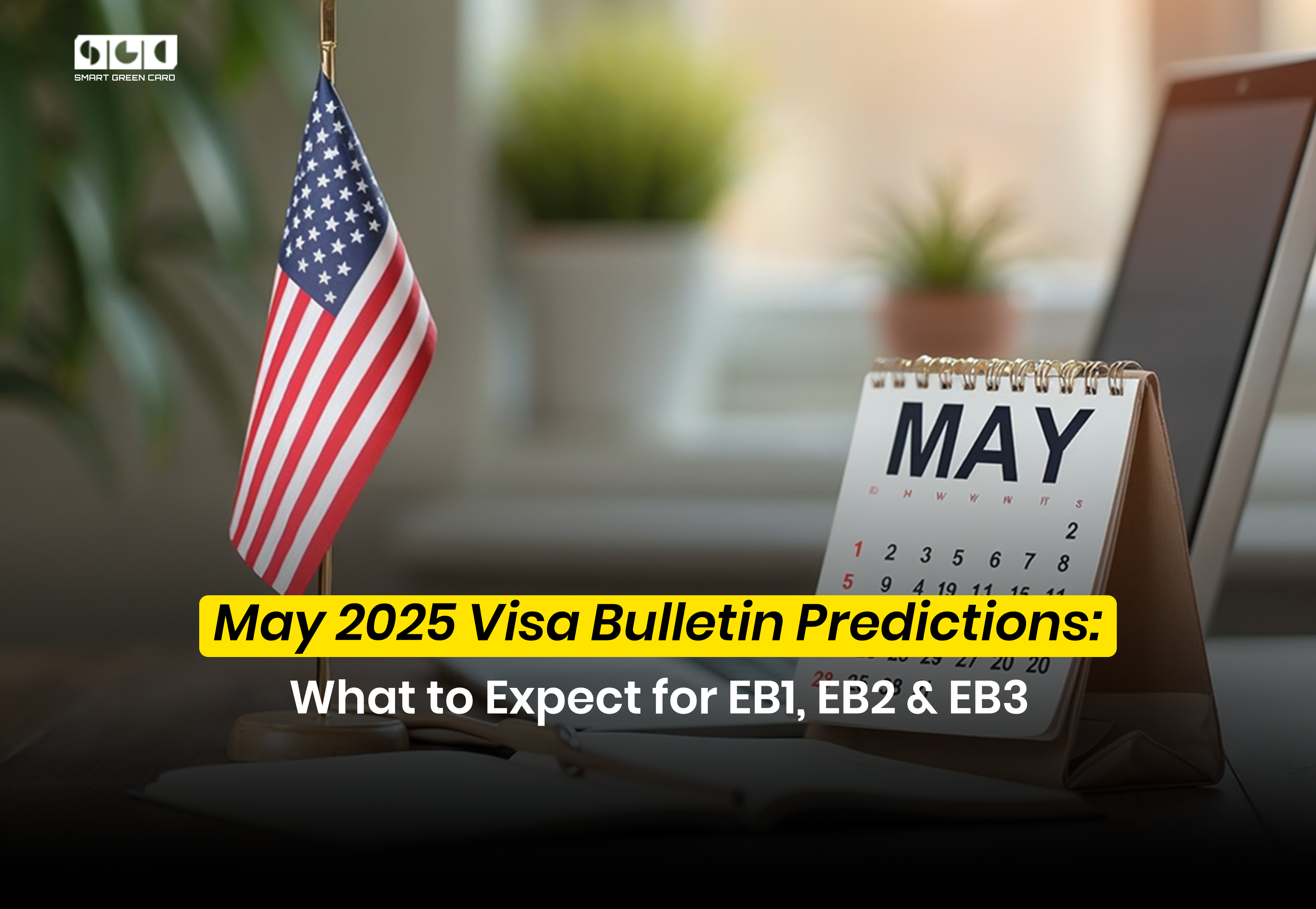EB1A Visa Demystified: Your Ultimate FAQ Resource for Success
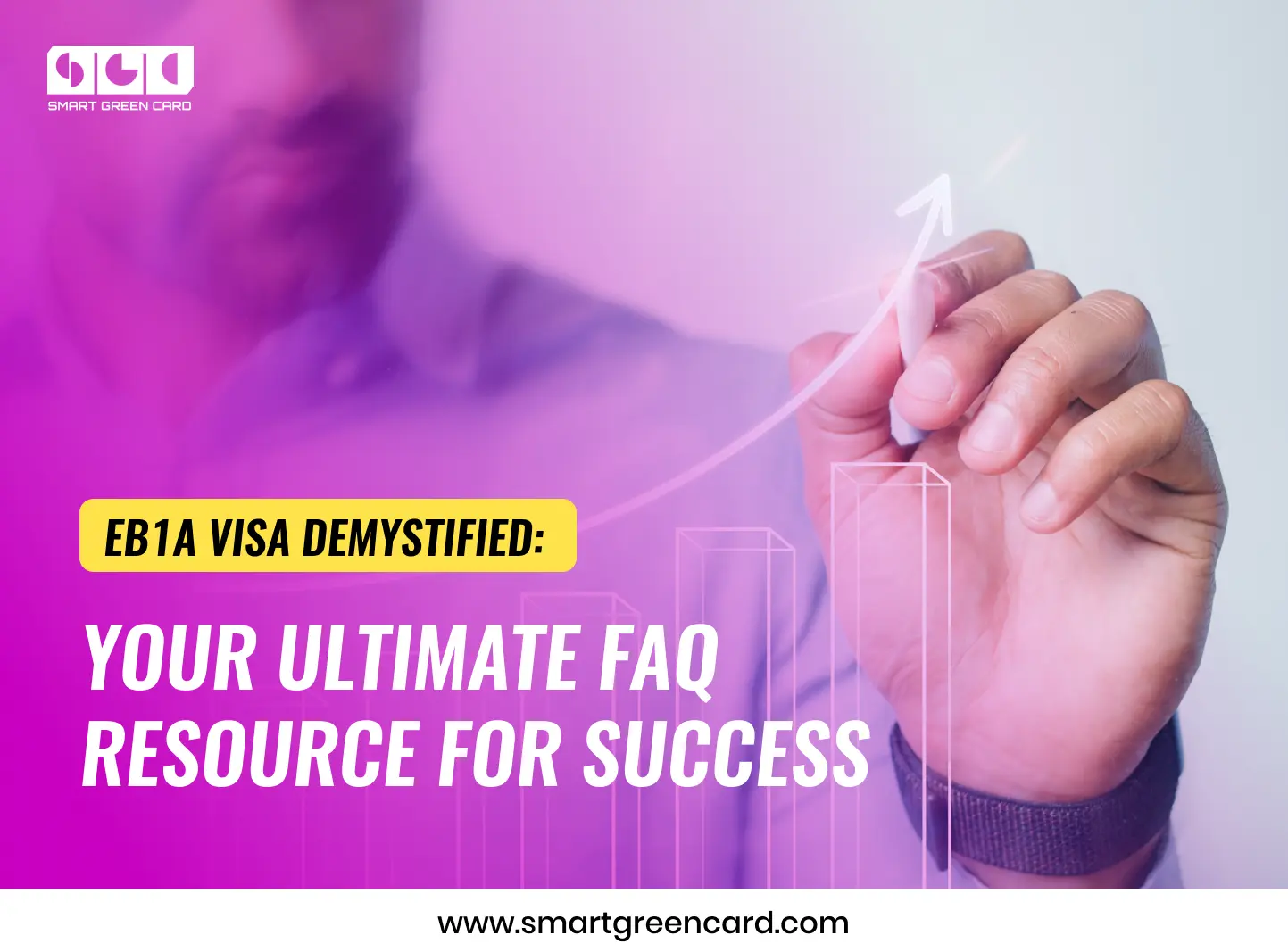
As you embark on the EB1A journey, you may have many questions and encounter uncertainties. In this blog, we have addressed frequently asked questions (FAQs) about the EB1A visa process. We hope it will help you navigate the EB1A path smoothly. Let’s get started.
1. Can I Qualify for EB1A with a Bachelor’s Degree?
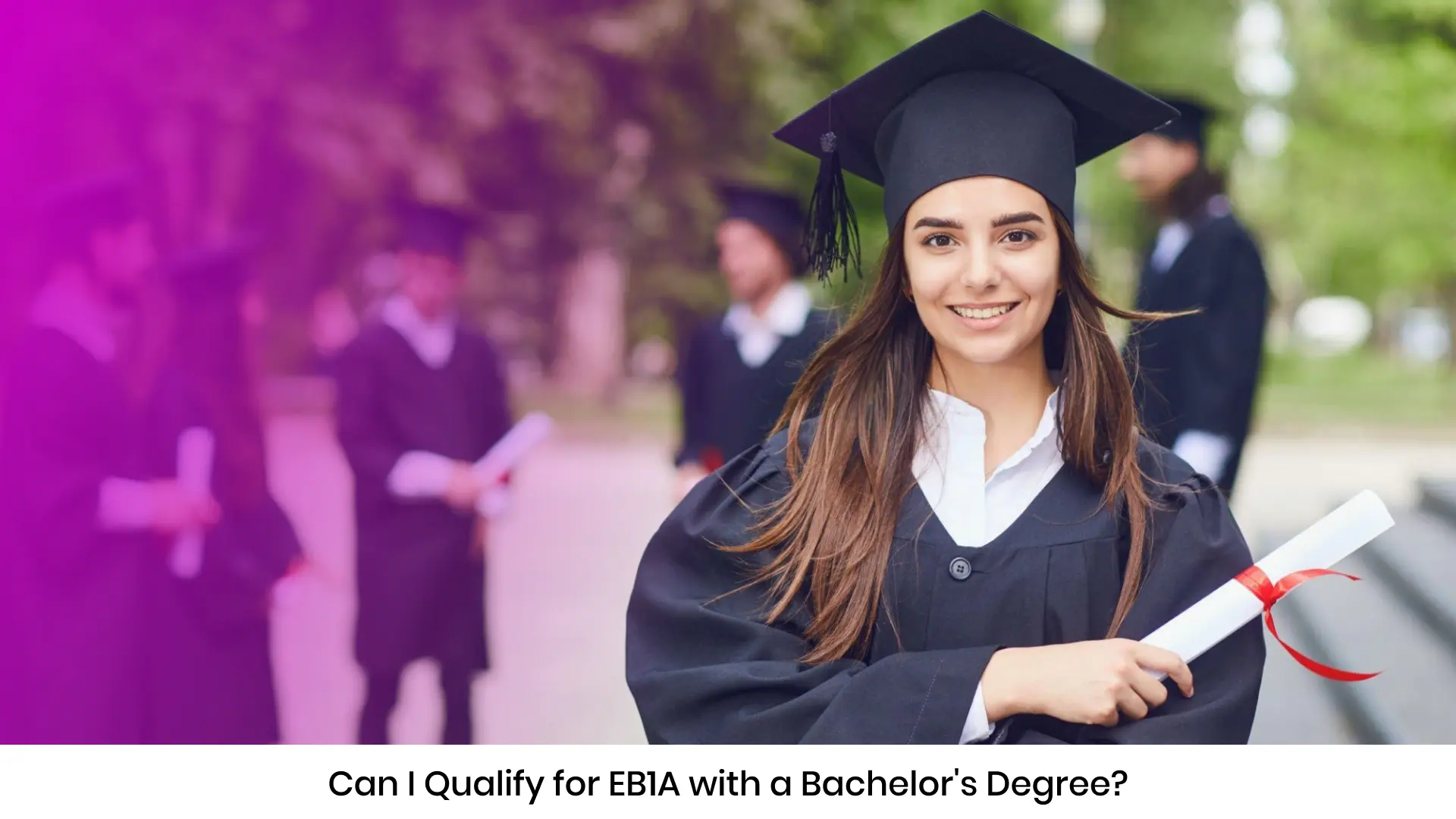
EB1A doesn’t have any firm educational requirements. Among the EB1A 10 criteria, the USCIS doesn’t mention any educational stipulations such as an advanced degree or bachelor’s degree as a requirement. Therefore, EB1A visa doesn’t require a bachelor’s or advanced degree.
To qualify for EB1A, you need to meet at least three EB1A criteria. Subsequently, you need to demonstrate that you have sustained national or international acclaim and have risen to the top of your field.
Also, if your degree and job are in different areas, it doesn’t matter for EB1A. To satisfy EB1A requirements, you need to prove your extraordinary ability in your field of expertise.
2. Do I Need a US Work Visa to Apply for an EB1A?
You can apply for an EB1A from outside the US even without a work visa. However, if someone is already residing in the US with an H1B, O1, or F1 visa, they are also eligible to apply for an EB1A.
The process for obtaining an EB1A from outside the US involves the following steps:
1. First, file your EB1A application along with evidence documentation to the USCIS to demonstrate your extraordinary ability in the field
2. Once it is approved, fill out the DS-260, an immigrant visa application online, and submit the required documentation and fee to the National Visa Center.
3. Once your priority date becomes available, the National Visa Center forwards your file to the appropriate US consulate or embassy.
4. The US consulate or embassy schedules an interview for you once the immigrant visa becomes available. After completing the interview successfully, you will be issued an immigrant visa.
5. With the immigrant visa, you can enter the US as a lawful permanent resident. Within several weeks of arrival in the US, you will receive your EB1A green card.
3. Is EB1A Visa Only for STEM Professionals?
EB1A is intended for individuals with extraordinary abilities in diverse fields such as arts, science, education, business, and sports, rather than solely for STEM professionals.
To qualify for EB1A, you need to demonstrate your exceptional ability in your field by meeting a minimum of three EB1A visa criteria and navigating the final merits determination part
4. Would I Qualify for EB1A Without Citations and Patents?
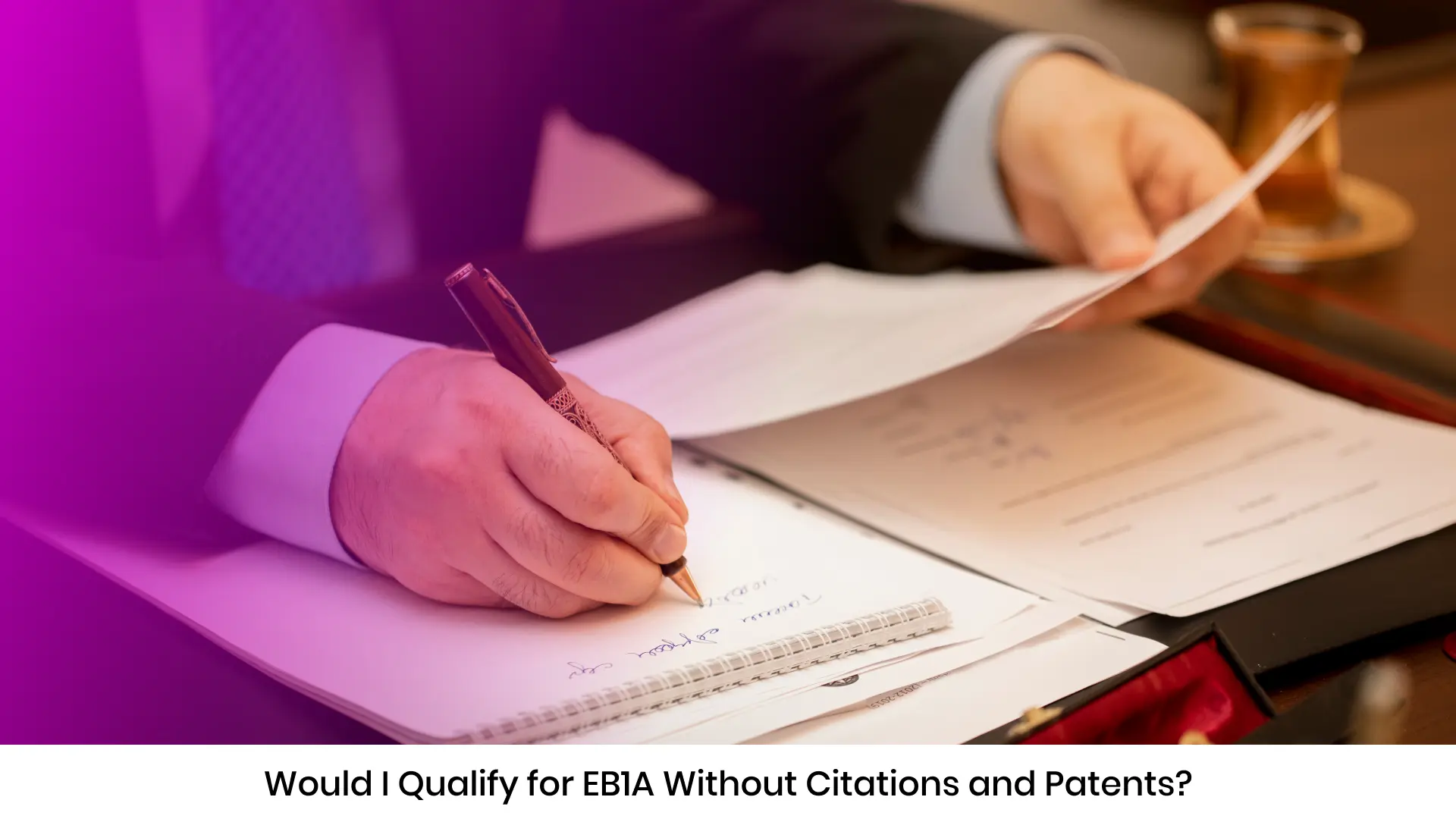
Citations and patents are types of evidence to demonstrate the impact of your work in the field, meeting the EB1A original contributions criteria. However, if you don’t have citations or patents, you can provide alternative evidence to meet the original contribution criteria. Some of these alternatives include:
- Letter of Recommendation stating that your original work is of major significance to the field.
- Extensive public commentary on your work.
Furthermore, there are nine other EB1A criteria available to demonstrate your extraordinary ability.
5. Which Should I Go for First, O1 or EB1A?
The O1 visa is typically granted for an initial period of up to three years. After expiration, you can renew it in one-year increments indefinitely, as long as the visa holder continues to meet the O1 eligibility criteria. In contrast to this, the EB1A visa offers a direct path to permanent residency.
O1 is an optimal choice:
- When you are on an H1B visa and willing to work for multiple employers.
- When you are on an F1 visa, an O1 visa serves as a backup for the H1B lottery.
Moreover, if you prepare for EB1A, at some point, your profile aligns with O1 visa requirements as well. Also, Qualifying for O1 does not satisfy EB1A requirements.
Therefore, if you are on an H1B visa, preparing for EB1A is the ideal option as it allows you to stay in the US indefinitely.
6. Can I Pursue EB1A Concurrently with an EB2 or EB3 Green Card Application?
You can pursue EB1A concurrently with your EB2 or EB3 application. When you meet its requirements, they don’t impact each other.
The main advantage of EB1A is that it allows you to self-petition, and no employer sponsorship is required. Moreover, you don’t even need to inform your employer about your EB1A green card process since it is self-petitioned by you.
7. Am I Eligible to Reapply after an EB1A denial?
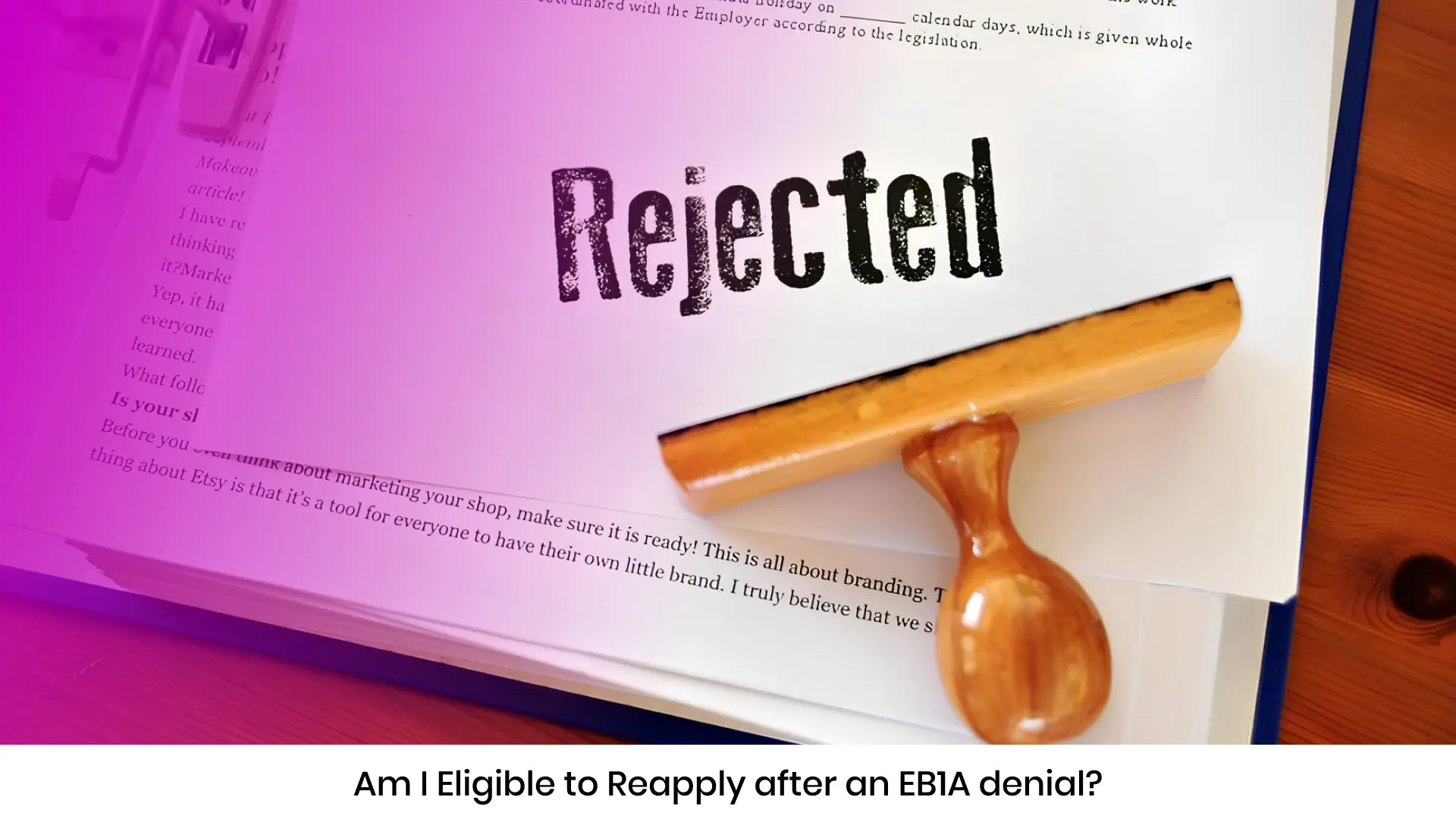
If your EB1A petition is denied, it does not mean that you are no longer eligible for EB1A. You can reapply by addressing the issues stated in your denial notice or enhancing your profile. This approach has been followed by many EB1A denial applicants, and they received EB1A approval upon reapplying
Conclusion
To be eligible for an EB1A visa, you must demonstrate extraordinary ability in your field. EB1A
offers unique advantages; it allows for self-petitioning, eliminating the need for
employer sponsorship or labor certification. Furthermore, final action dates for EB1A progress more rapidly in the monthly visa bulletins.
I hope this FAQ blog on the EB1A process may assist you in navigating your EB1A journey. If you need personalized guidance beyond professional coaching, consider exploring
- SGC
- No Comments
Latest blog & Newsletters
Not Selected for H1B Lottery 2025? Here’s What You Can Do Next
Not Selected for H1B Lottery 2025? Here’s What You Can Do Next The...
Impact of U.S. Immigration Crackdown 2025 on Indian Nationals
Impact of U.S. Immigration Crackdown 2025 on Indian Nationals The U.S. immigration crackdown...
May 2025 Visa Bulletin Predictions: What to Expect for EB1, EB2 & EB3
May 2025 Visa Bulletin Predictions: What to Expect for EB1, EB2 & EB3...


